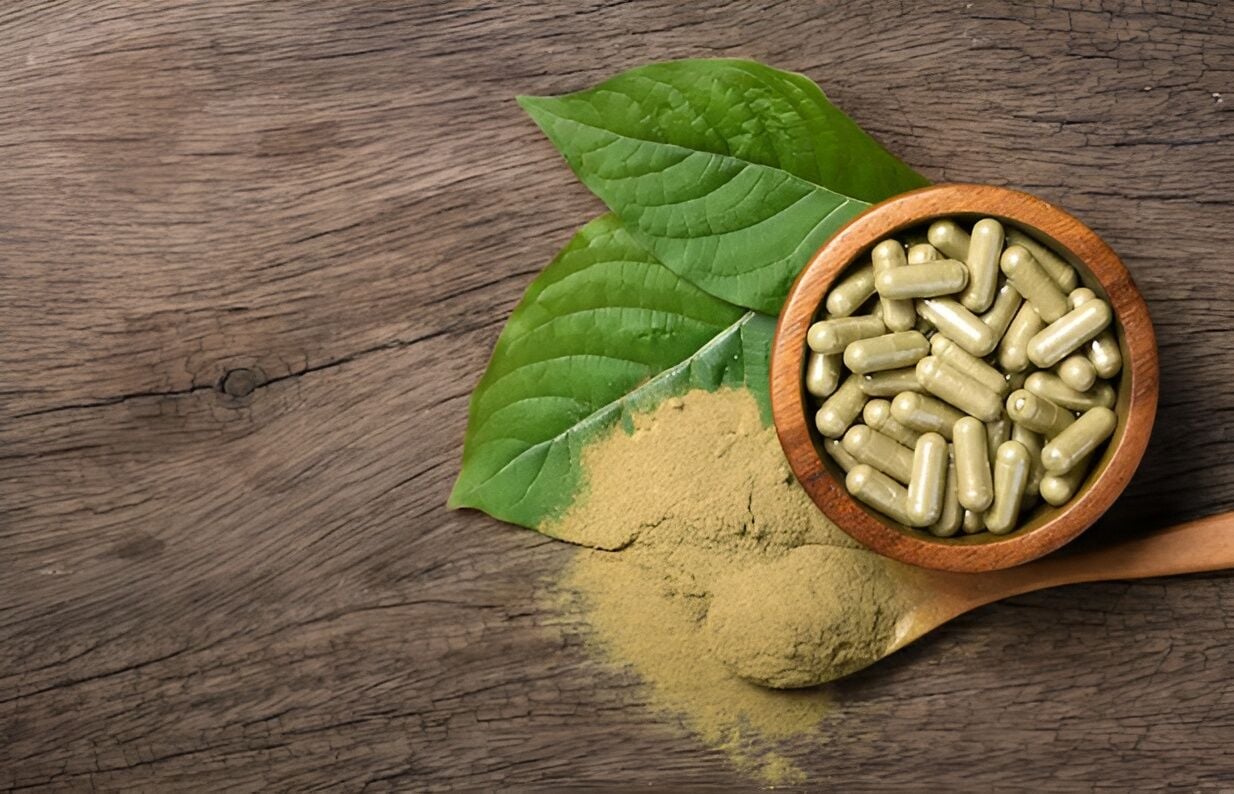Mayo Clinic issues warning that kratom is unsafe and ineffective

Kratom, an herbal extract from the leaves of the Mitragyna speciosa tree native to Southeast Asia, has gained popularity in recent years. Marketed as a mood lifter, energy booster, pain reliever, and remedy for opioid withdrawal symptoms, it is commonly sold in health stores and online. Users report that at low doses, kratom acts as a stimulant, increasing alertness and energy. At higher doses, it supposedly acts as a sedative, promoting relaxation and pain relief. However, its safety and efficacy are under scrutiny.
The appeal and risks of kratom
Varied effects and potency
Kratom can be consumed in various forms, such as chewing the leaves, brewing them into tea, or taking capsules. The appeal of kratom lies in its perceived benefits, but the reality is more complex. The concentration of active compounds in kratom can vary widely, making it difficult to predict its effects. Some vendors may even enhance their products with additional active ingredients, leading to unpredictable and potentially dangerous outcomes.
Mayo Clinic in the United States issues new warnings
The Mayo Clinic has issued new guidance on kratom, warning that it is both unsafe and ineffective.
As cases of overdosing and adverse effects rise along with cases of deaths, Mayo Clinic joins several hospitals and agencies in the United States calling for Kratom to be listed as a controlled substance.
Safety concerns
The U.S. Food and Drug Administration (FDA) has issued warnings about the potential harms of kratom.
Reports to poison control centres from 2014 to 2019 included over 3,400 cases of adverse effects, some resulting in death. Common side effects include weight loss, dry mouth, nausea, vomiting, constipation, liver damage, and high blood pressure.
Kratom also affects the central nervous system, causing dizziness, drowsiness, hallucinations, delusions, depression, and, in severe cases, seizures and respiratory issues.

Lack of regulation and misleading claims
Kratom products are not regulated in the United States, leading to inconsistent dosages and unverified claims about their benefits. This lack of regulation contributes to the potential for misuse and adverse effects. Despite being marketed as a natural and safe alternative, the variability in kratom products poses significant risks to consumers.
Research and findings
Incomplete evidence
Research on kratom is still in its infancy, with limited clinical trials to support its efficacy for treating depression, anxiety, or opioid withdrawal symptoms. Some users report relief from these conditions, but the scientific community remains cautious. The unpredictable nature of kratom’s effects and the potential for contamination with harmful substances, such as heavy metals and bacteria like salmonella, raise serious concerns.
Interaction with other medications
Kratom can interact with other medications, leading to severe health issues, including liver damage and death. A study on kratom’s potential as a treatment for opioid withdrawal found that long-term users experienced withdrawal symptoms similar to those of opioid addiction. This suggests that kratom itself may be addictive and could require treatments used for opioid dependence.
Legal and health authority actions
Federal warnings
Federal health authorities, including the FDA and the Drug Enforcement Administration (DEA), have consistently warned against the use of kratom due to its potential for serious adverse effects. The DEA has labelled kratom a “drug and chemical of concern,” highlighting the ongoing risks associated with its consumption.
Lawsuits and legal actions
A series of lawsuits have emerged, alleging that kratom consumption has contributed to several deaths. These legal actions underscore the significant public health concerns and the need for more stringent regulation and oversight of kratom products.

What you should know about kratom
Consumer caution
Despite warnings from health authorities, kratom remains widely available. It is up to consumers to weigh the risks and benefits, keeping in mind that there is no robust scientific evidence supporting its safety or efficacy. The allure of kratom as a natural remedy is tempered by the stark warnings from health officials and the potential for severe adverse effects.
Expert opinions
Experts emphasise the need for caution when using kratom. Dr Rif El-Mallakh, director of the Mood Disorders Research Program at the University of Louisville School of Medicine-USA, warns against assuming that plant-based products are inherently safe. Dr William Eggleston, an assistant professor at Binghamton University, points out the inconsistency in kratom products, which can vary significantly in potency from one batch to another.
Risks of high doses
While some users may experience mild side effects, such as nausea or dizziness, larger doses of kratom can lead to more severe health issues. The FDA has linked kratom use to seizures, liver toxicity, and, in rare cases, death. However, these deaths often involve other substances, making it difficult to determine kratom’s exact role.
Kratom’s popularity as a natural remedy is overshadowed by significant safety concerns and a lack of regulatory oversight. The Mayo Clinic and other health authorities urge consumers to approach kratom with caution and to consider alternative treatments. As research continues, it is crucial to stay informed about the potential risks and to consult healthcare professionals before using kratom.
Latest Thailand News
Follow The Thaiger on Google News:


























